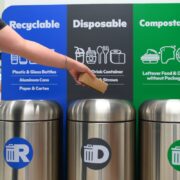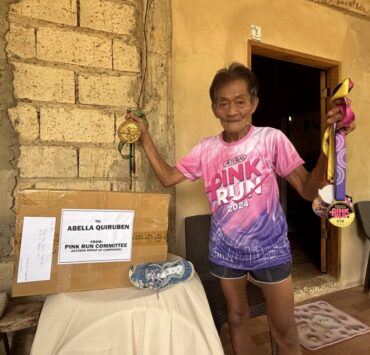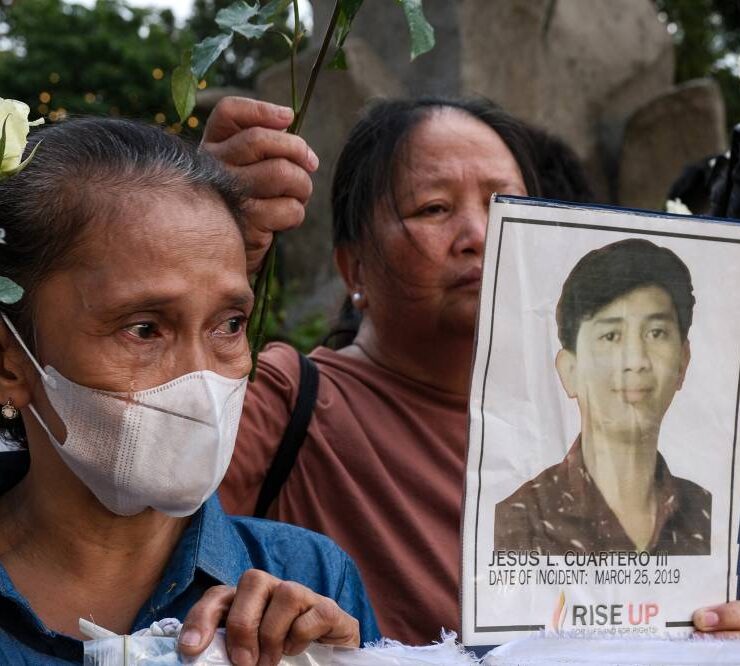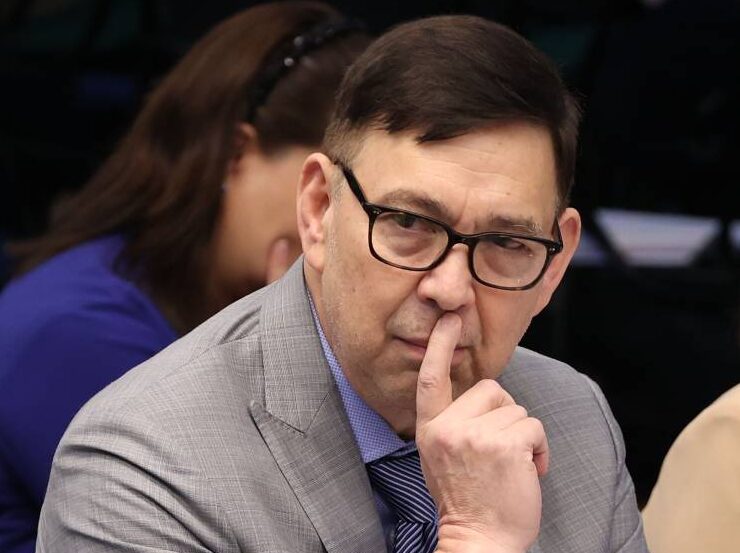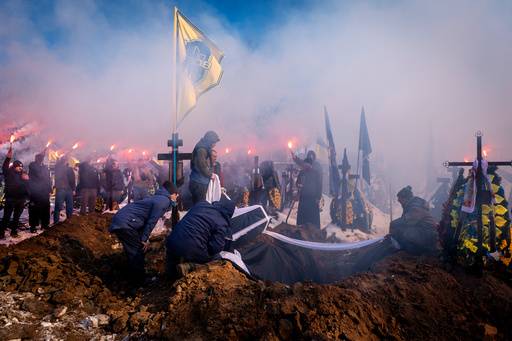Court OKs betting on US polls
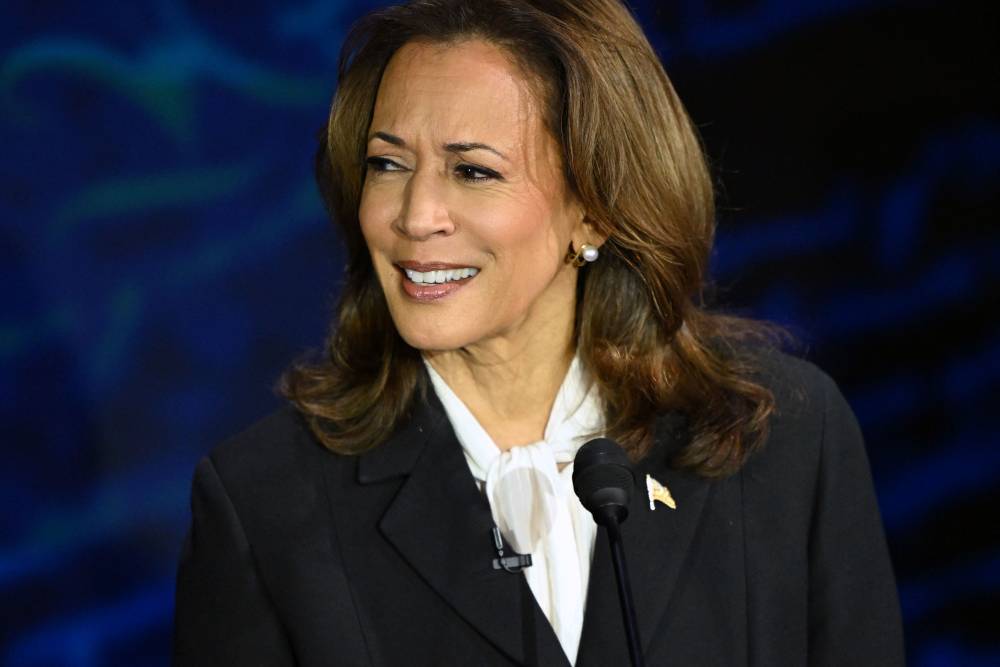
WASHINGTON—Millions of dollars have poured into bets on who will win the US election after a last-minute court ruling opened up gambling on the vote, upping the stakes on a too-close-to-call race that has already put voters on edge.
Contracts for a Kamala Harris victory were trading between 48 percent and 50 percent in favor of the Democrat on Friday on Interactive Brokers, a firm that has taken advantage of a legal opening created earlier this month in the country’s long-running regulatory battle over election markets.
With just a month until the Nov. 5 vote, markets opened after a court in Washington ruled that Kalshi, a start-up that has been trying to introduce political betting in the United States for years, could take wagers even as legal appeals by regulators against the company continue.
Within days, more than $6.3 million had been put on the line for the Kamala Harris-Donald Tump matchup alone, with users also betting on control of the House and Senate.
It’s the latest turn in a yearslong saga between the Commodity Futures Trading Commission (CFTC) and firms wishing to offer election betting—a legal practice in a number of other countries and one that some Americans participate in outside of regulators’ oversight via offshore markets.
On one such offshore site, Polymarket, more than $1.7 billion has been placed on the Harris-Trump matchup, with Trump holding a 54 to 45 advantage over Harris on Friday night.
Those in favor of gambling—or “event contracts” in finance terms—say it is a legitimate way to hedge bets against adverse outcomes, likening it to futures contracts. Some also argue that the markets are better than polls.
“These contracts are important,” Steve Sanders, executive vice president of marketing and product development at Interactive Brokers, told Agence France-Presse (AFP). “They’re good for people to take a view on what they think is happening and hedge their portfolios.”
In just days, more than 1 million contracts had been traded on Interactive Brokers.
Polarization, disinformation
Before the Oct. 2 ruling, only two election betting markets were legally operating in the United States, having been granted exemptions due to their affiliation with research projects and the strict limits they placed on the amount people could bet.
But critics worry about widespread election gambling in a polarized moment when basic facts are in dispute and disinformation on which people might base their wagers is abundant.
“I don’t want to be too dramatic, but we live in a country where tens of millions of Americans believe the last presidential election was stolen,” CFTC General Counsel Rob Schwartz said during recent arguments against Kalshi.
“Ensuring the integrity of elections and avoiding improper interference and misinformation are undoubtedly paramount public interests,” Judge Patricia Millett wrote in the decision that allowed bets to be placed while the appeals against Kalshi play out.
Open to election markets
Still, the CFTC had “given this court no concrete basis to conclude that event contracts would likely be a vehicle for such harms,” the ruling said.
While the door on political betting might shut again on further appeal, any decision on that would likely come after Nov. 5.
This means markets will continue through the election.
Pratik Chougule, cofounder of advocacy group Coalition for Political Forecasting, said “it’s been a good year” for his own political wagers so far.
He’s taking a look at opening an account with Interactive Brokers now that it is operating election contracts.
Judges on further appeals might be “a bit more skeptical.”
But Chougule said the CFTC in recent years has warmed up to at least understanding the arguments in favor of election markets, even if regulators don’t endorse them.
AFP is one of the world's three major news agencies, and the only European one. Its mission is to provide rapid, comprehensive, impartial and verified coverage of the news and issues that shape our daily lives.

